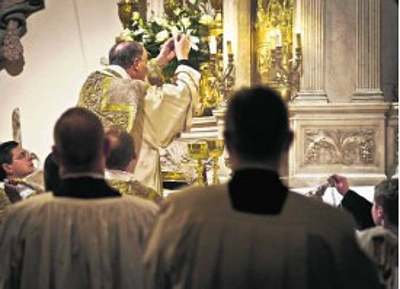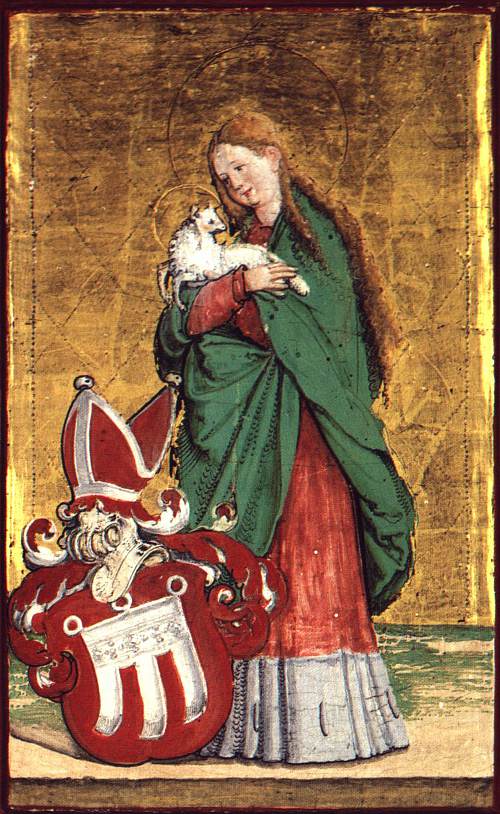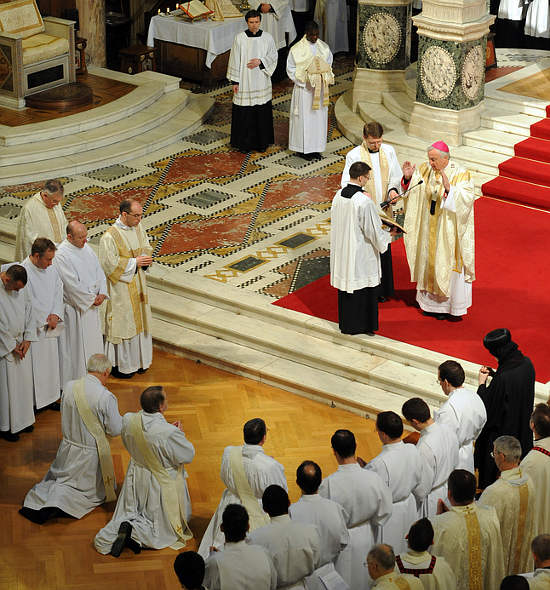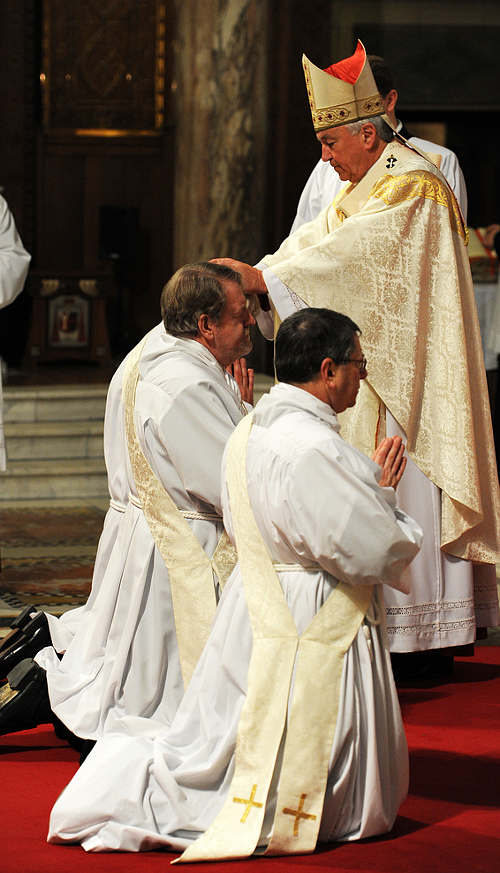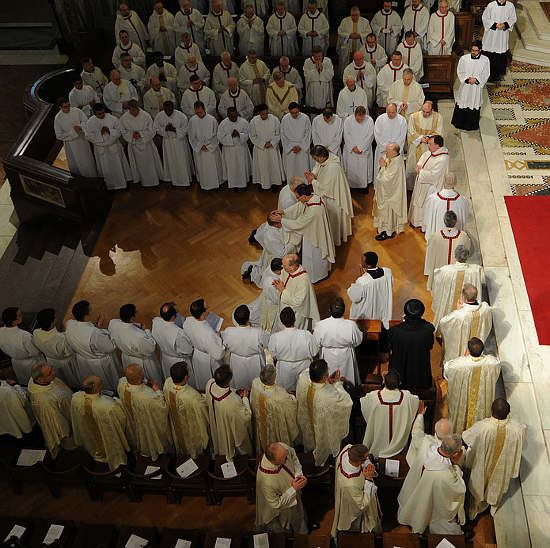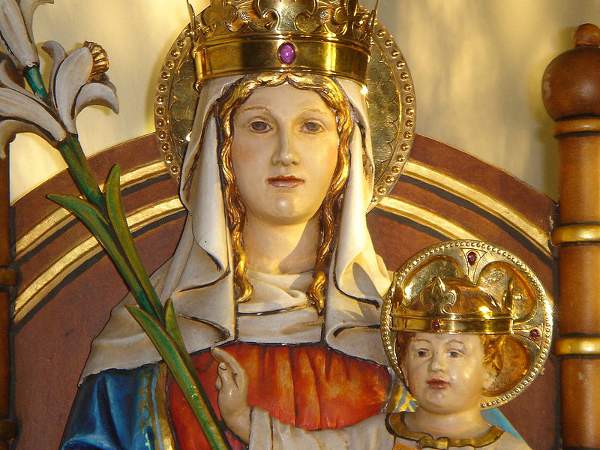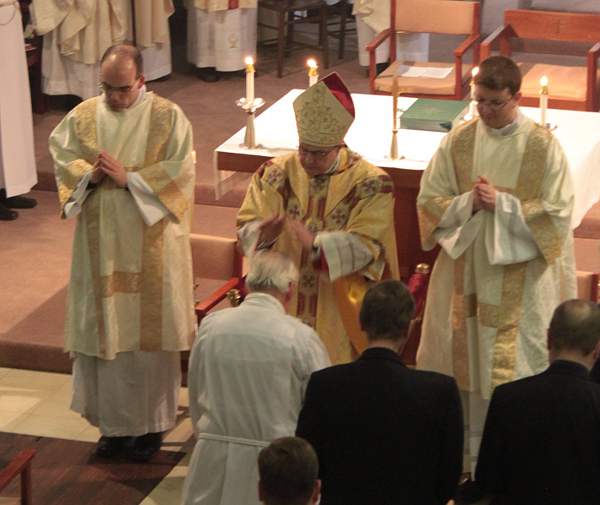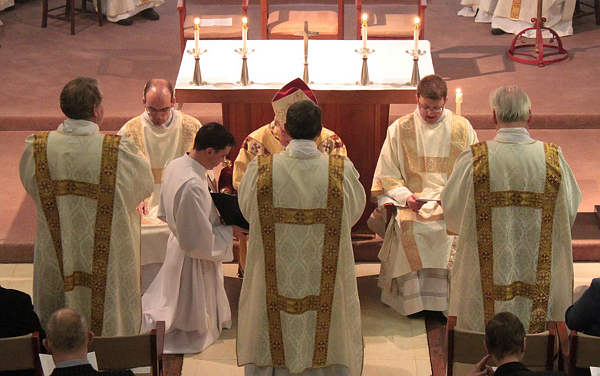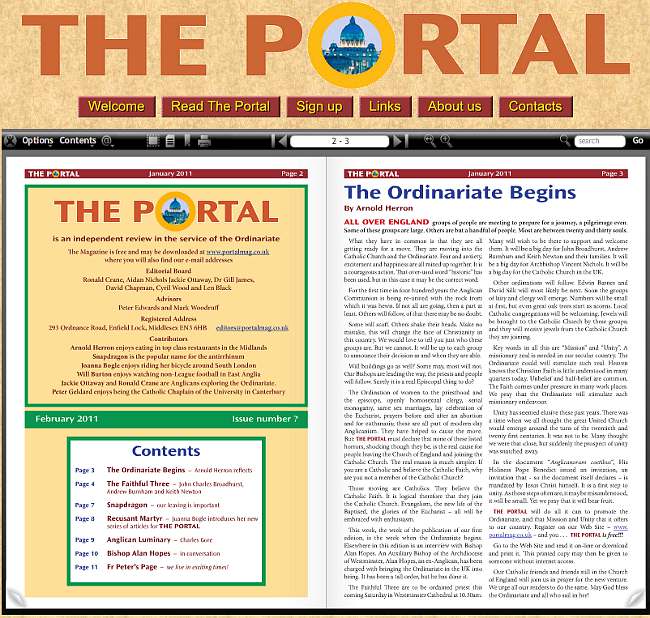Stadig ‘tullenyheter’ om skriftemål – korrigert
Noen katolikker har laget et lite program for iPhone som skal hjelpe unge mennesker i samvittighetsransakelsen før sitt skriftemål. Det er litt mer avansert enn de vanlige ‘skriftespeil’ man finner i bøker, eller som prester pleier å gi til ungdommer på et A-5 ark e.l. – men sikkert ikke veldig mye mer avansert.
Nyheten finner vi på Catholic News Agency, og så har Vårt Land tatt det derfra og misforstått en del ting i oversettelsesprosessen (ser det ut til). For det er til forberedelsen programmet hjelper, det erstatter selvsagt ikke at man virkelig skrifter for en prest. Slik leser vi i Vårt Land:
Katolikkar kan skrifte med Iphone
… den er utvikla for å hjelpe katolikkar som vil skrifte og gå til kyrkje. Den gjev steg-for-steg rettleiing til skriftemål og personleg undersøking av samvetet. Den er basert på alder, yrke og kjønn.
Appen er ikkje meint som en erstatning for ein prest, men som eit høve for å skrifte. Brukarar seier at den har teke bort intimiteten i eit vanlig skriftemål.
Siste delen her er ganske misforstått. På engelsk står det: «using the app takes away the “intimidation factor” of going to confess their sins.» Det betyr vel at når man får hjelp til forberedelsen, blir selve skriftemålen mindre skremmende.
Tidligere har vi hørt om skrifte pr telefon, telefaks og Internett. Det er underlig at folk ikke forstår at man BARE kan skrifte fysisk og personlig for en prest.
OPPDATERING lørdag 09.30:
Jeg hadde skrevet til journalisten i VL i går kveld, og fikk nå beskjed om at artikkelen er korrigert, og har fått overskrifta: Iphone-app kan gjere skriftemålet mindre skummelt Flott! Jeg kan kanskje selv også legge til at det kan gjøre skriftemålet mer spennende for de unge når iPhone er involvert.

